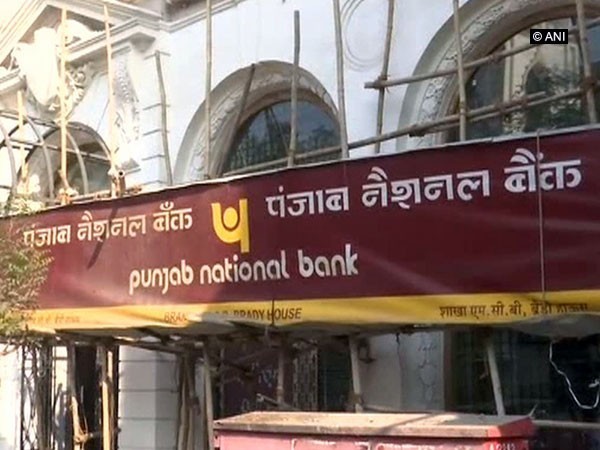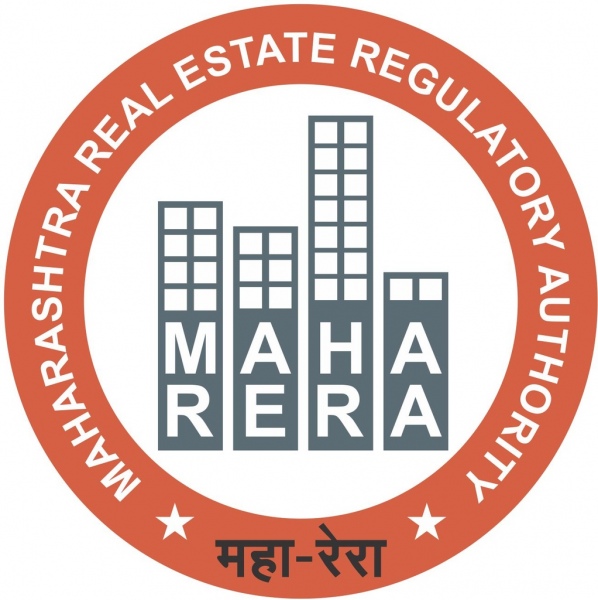Bombay High Court Criticizes Maharashtra RERA for Avoiding Hybrid Hearings
MUMBAI: The Bombay High Court strongly criticized the Maharashtra Real Estate Regulatory Authority (MahaRERA) for persisting with virtual-only hearings and showing unwillingness to resume hybrid or in-person proceedings.
During a hearing on Wednesday, Justices Revati Mohite Dere and Neela Gokhale questioned the rationale behind denying physical appearances. “What is the difficulty in allowing parties to appear in person? You get to understand the grievances better face-to-face. In an online format, you don’t really know,” the bench remarked.
The comments came while hearing a petition filed by Mayur Desai, a Kandivli resident, who sought direction for MahaRERA to promptly deliver an order in execution proceedings that had been reserved since March 2024.
Desai had filed a complaint in December 2020 against CCI Projects Pvt Ltd over delays in handing over possession of his flat. In November 2022, RERA ruled in Desai’s favor, instructing the developer to pay interest on the amounts he had paid.
However, despite the dismissal of the developer’s review petitions twice, Desai had to approach the authority again in January 2023 to enforce the order.
Desai’s legal representatives, Aseem Naphade and Chitrangada Singh, noted that although online hearings were a necessity during the Covid-19 pandemic, other courts and tribunals had since returned to physical or hybrid formats. MahaRERA, however, continued exclusively with video conferencing.
On April 25, the High Court had directed RERA to issue its final decision on Desai’s execution application within six weeks. Explaining the delay, RERA’s secretary Prakash Sabale pointed to the retirement of the previous secretary handling the matter and adjournment requests by the developer. Sabale defended the virtual format, claiming it enhanced access to justice, allowing aggrieved parties to participate from anywhere.
The bench also heard concerns raised by advocates representing RERA bar associations. Advocate Nilesh Gala highlighted that not just RERA but even its appellate authority operated solely through video conferencing.
Other lawyers pointed out systemic issues such as the absence of cause lists for scheduled hearings, no clear process for requesting urgent listings, and poor communication about reserved or passed orders. One advocate even noted that matters involving builders often failed to appear on the hearing schedule.
The judges emphasized that virtual hearings were a pandemic-era necessity to prevent judicial paralysis, not a permanent replacement for physical proceedings. “You (RERA) need to set your house in order. What is the fundamental purpose of RERA’s creation? It was meant to protect flat buyers — a vulnerable group,” said Justice Mohite Dere.
Appearing via video conference, RERA’s counsel Ravi Adsure requested another chance to present arguments, promising to appear in person. Justice Gokhale responded pointedly, “Why do you think appearing in person would make your arguments more convincing?” Justice Mohite Dere added, “We’ve already heard you.”
The court reserved the matter for order, asking both the RERA bar associations and Adsure to file written submissions. Justice Mohite Dere concluded, “We will need to explain why we were compelled to intervene in this matter before we issue our order.”



















































































